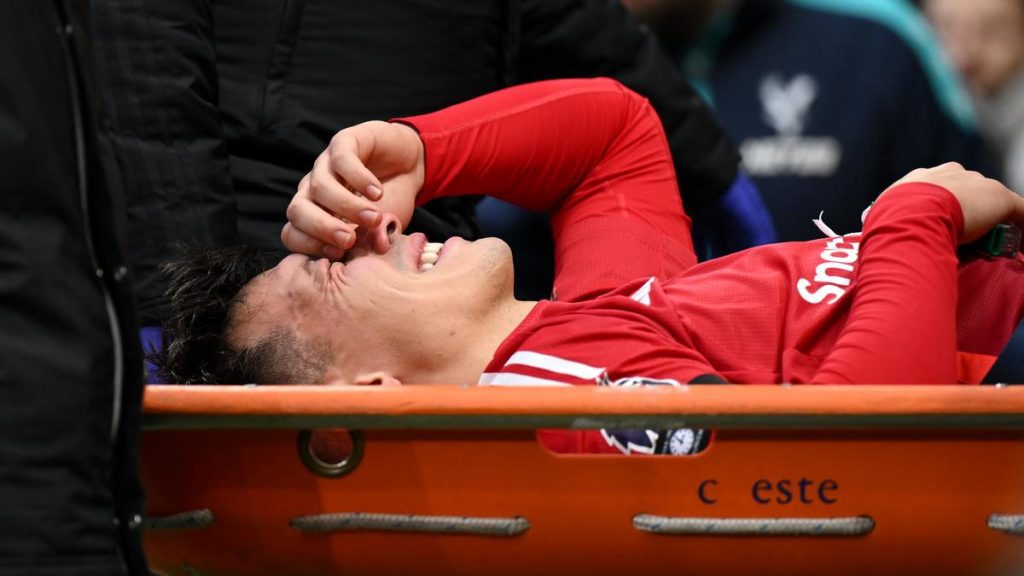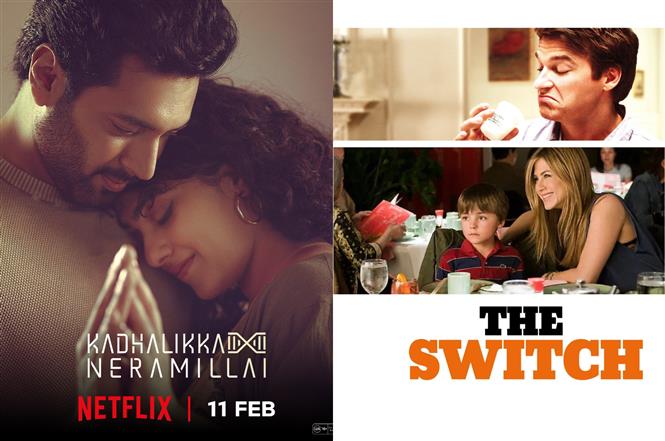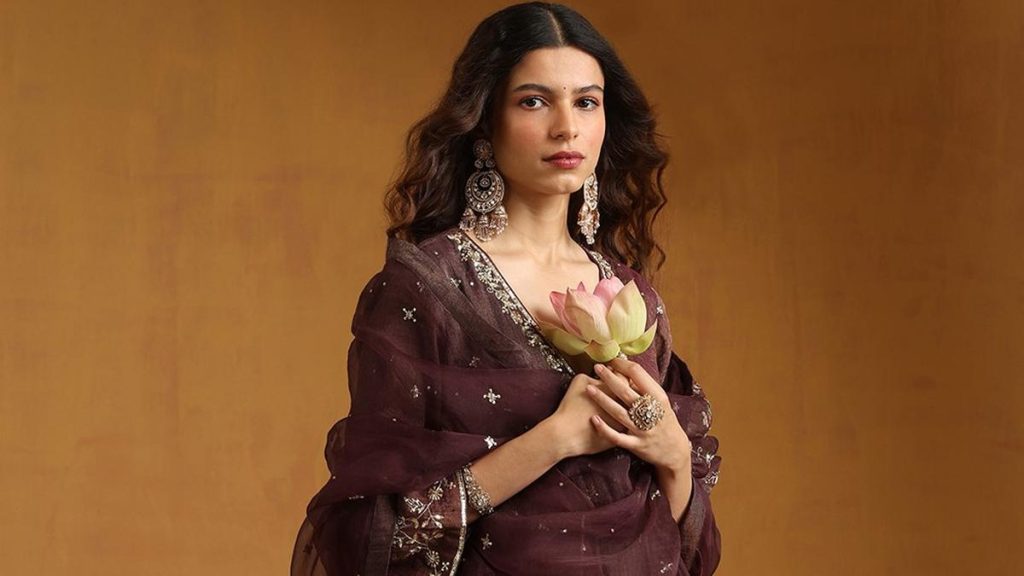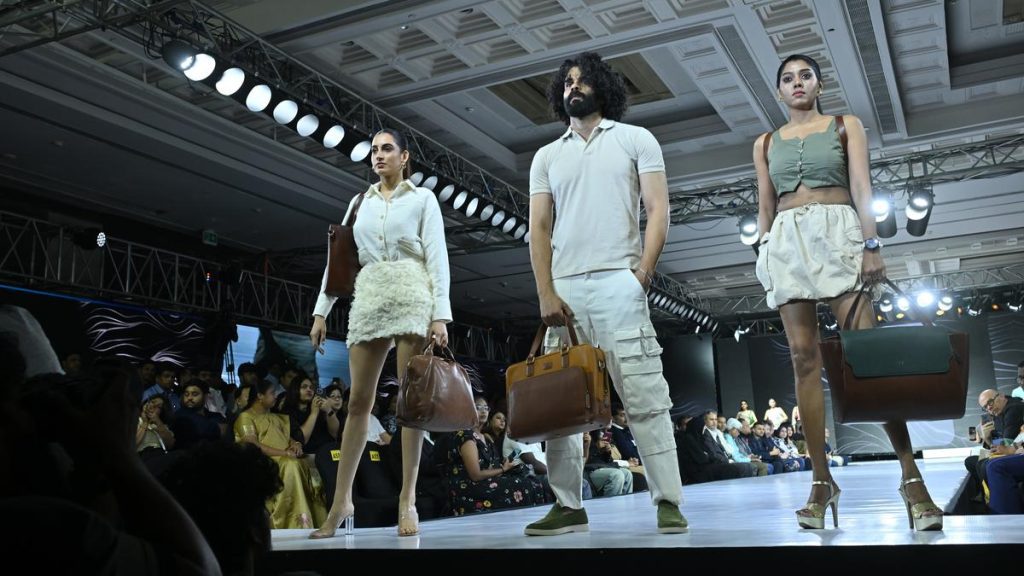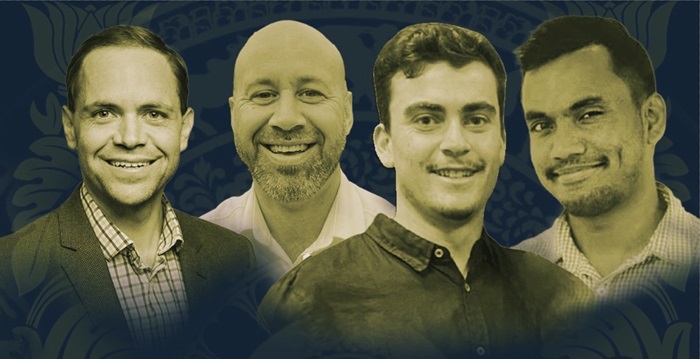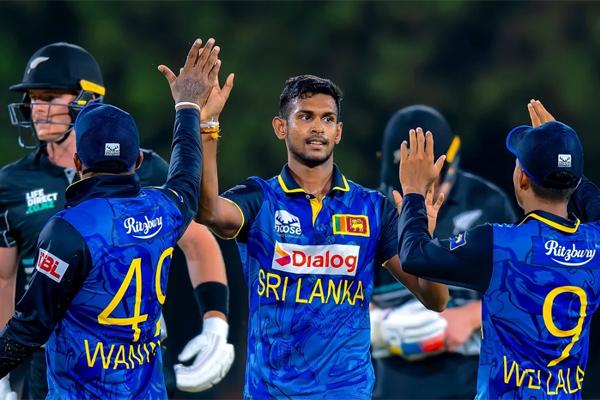From Olympic champ to championing change: How Maria Verschoor is fighting for gender equality in Hockey
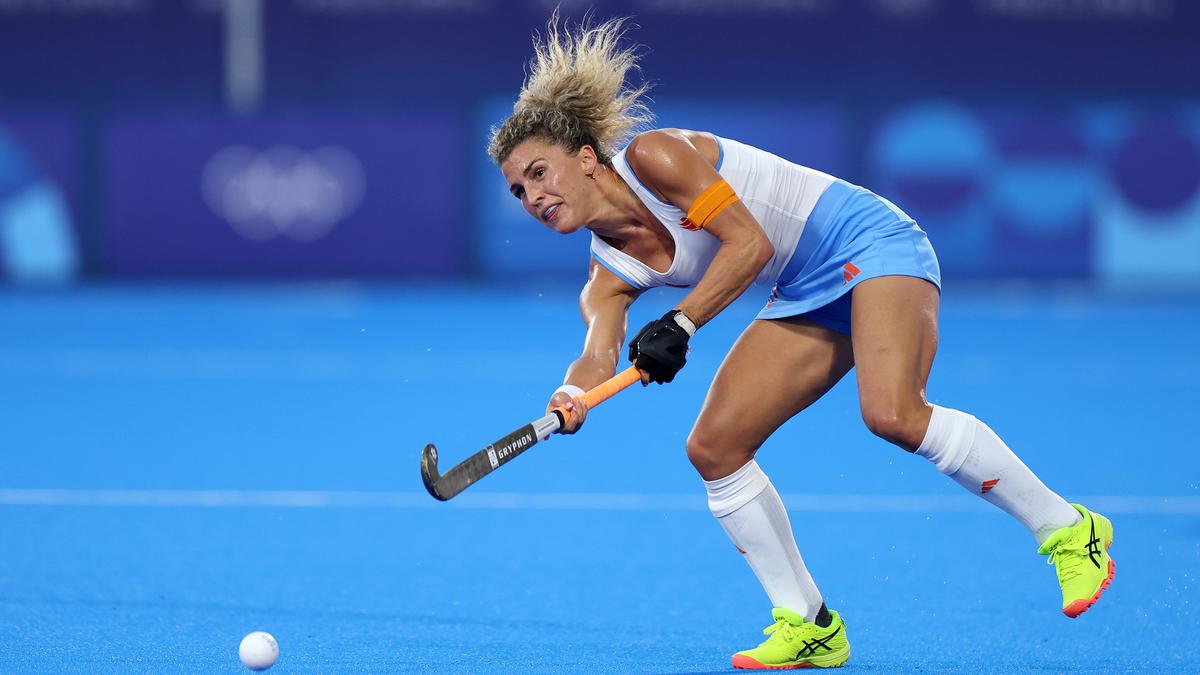

From Olympic champ to championing change: How Maria Verschoor is fighting for gender equality in Hockey
Maria Verschoor started playing hockey for fun when she was seven years old. But by the time she was 12, she had taken it up as serious business.
She had already played for three clubs—Hoeksche Waard, Rotterdam, and finally Amsterdam—when she made her debut for the Dutch national team around six years later, on February 4, 2013.
Eventually, the dreamy-eyed, curly-haired girl from Dordrecht also achieved her lifelong goal of playing at the Olympics when she won the silver medal in Rio 2016. She even went on to upgrade the colour of her medal when she bagged the first of her two gold in Tokyo.
Maria’s is a name one would find on all of the sport’s rolls of honour. She has conquered the European Championship, World Championship, FIH Pro League, and also the now-defunct World League and Champions Trophy.
However, Maria wasn’t a happy lass when she stood on the podium, posing for photojournalists and shutterbugs with the Olympic gold medal at the Oi Stadium in Japan on August 6, 2021. To be sure, she had checked all the boxes, but something was bothering her.
Maybe it was the general vibe around the said Games, held amid the coronavirus pandemic that had shredded sporting calendars and brought the entire world to a standstill. Maybe it was the feeling of having ‘completed hockey, now what?’ It could have been anything. But she couldn’t put a finger on the hitch.
An extended period of soul-searching took Maria back to 2018, when she was dropped from the Oranje squad ahead of the World Cup. Back then, she didn’t know where she had gone wrong. The decision of the federation and selection committee had hit her like a speeding truck. In certain moments of self-doubt, Maria would contemplate whether all the sacrifices that she had had to make for the sport were worth it.
She vividly remembered—and still remembers—the day her coach forbade her from going to the annual gala of her secondary school. It was something she had looked forward to her entire school life. And that was merely the first of many social events she had to let go of.
The post-Tokyo downtime made her realise she is definitely not the only one going through such a period. Supporting the mental and psychosocial well-being of athletes was the need of the hour, she thought, even as the world reeled from the aftershocks of the outbreak. Although she received ample support when she initiated the conversation in 2021, there is little that has changed since.
“No, they don’t (on being asked whether the Netherlands women’s team has a mental coach). I already talked about it a couple of times because, in my opinion, every team should have one, especially when you are playing at such a high level. I think it’s really good for the players to have someone they could talk to besides a coach. Because he will ultimately have a call regarding the selection, you will never totally open up to your coach. If you have a mental coach or sports psychologist, it could be helpful. With the pressure at big tournaments, it would be so nice to just talk to someone,” Maria, who is in India to play for the JSW Soorma Hockey Club in the Hockey India League (HIL), tells Sportstar.
Her attention also meandered to another problem that is so deeply rooted in the world of sports that one simply tends to accept the status quo—gender inequality.
It was due to her communication with Dutch hockey’s long-term sponsor, ABN Amro, that Maria realised her male counterparts earned at least 5 to 10 times more. She decided to take the matter up with the board at her club, Amsterdam Dames 1, and start a campaign. The club responded positively and was willing to close the pay gap in the upcoming years.
But it came to Maria’s notice that the club had signed five international men’s players in 2021, while her team was filled with young talent. Understanding that international players cost a fortune, Maria took her concern to social media and shared her feelings.
The post immediately went viral for the right reasons.
Although her club felt that it showed them in a bad light, they were willing to put the matter up for discussion on the table.
“There have been some (changes). Our federation has split the money and the prize money now (in half). You see some small changes. But we have to keep the conversation going and keep on fighting for women,” Maria says.
As someone who has always stood up for women, Maria feels the launch of a franchise league exclusively for women is definitely a step in the right direction by Hockey India.
“I am looking forward to this adventure. This is something totally new for the women’s team (the men’s league had earlier run from 2013 to 2017). It will increase the visibility of the women’s game. The younger kids will see what is possible if you just enjoy the game and keep going. For Hockey India, it’s really nice.”
At least eight international players backed out over various issues from the league even before the competition began, including Maria’s compatriots Xan de Waard and Eva Drummond. An inadequate price was the issue in most cases. Maria, who received ₹10 lakh for her services, may not be fully satisfied with the sum but says she was up for something different. “I first thought there would be a little bit more bidding for me as a player. There wasn’t a lot. But it’s not always about the money. Of course, it’s really nice, and it’s a bonus, but I’m really coming here to play some different hockey. I want to entertain myself here with the girls, meet new people, and learn about different cultures. I’m just happy how it is at the moment.”
Maria, who plays in the European Hockey League, feels there is scope for ample improvement though in the coming years. “When we would have played a few more years in the HIL, the prize money for men and women should be equal. I would like to see more teams coming up as well. I know that next year we will be having six teams. That’s already a good thing,” she opines.
As of now, in the Women’s HIL, the team that claims the title will win ₹1.5 crore, while the runner-up will be awarded ₹1 crore. The third-placed team will receive ₹50 lakh. Meanwhile, the winner of the men’s competition, featuring eight teams, will pocket ₹3 crore. The runner-up and third-place finisher will earn ₹2 crore and ₹1 crore, respectively.
At the same time, there are also certain areas that Maria wouldn’t touch. She said, “It’s really hard to put one (league) on top of the other because in the Netherlands, we are a small country and it’s all more centralised. We have 12 clubs that play Hoofdklasse (club competition), and we can just drive up to these clubs every week to play against them. The clubs are just about one and a half hours’ drive away. So, that’s why it’s really easy for us to play against each other. I don’t think that’s possible in India. How it’s set up with these franchises now, I think it’s just set up really well, and I wouldn’t change that.”
The 30-year-old feels at home with the Soorma unit. “We have a really nice team. We’ve been training together, and we have a lot of talented players. The Indian girls… they play really well. I’m really happy, and it’s also really diverse. The international players also come from different countries, which I really like. We’re all on the same boat, and we can learn a lot from each other.”
With the experience Maria has, having played 206 international matches, she realises a lot of youngsters at Soorma look up to her as a mentor rather than just a regular teammate. She said, “Yeah, they (the youngsters) have been really nice. Maybe a little bit shy in the beginning. But now they have opened up to the extent they are always cracking some jokes. We are just having some fun, and sometimes they ask for some advice or tips. ‘What can we do or what can we do better?’ And yeah, I really like to help them out.”
So, what awaits the player who has virtually achieved everything that the sport has to offer? “Well, when I go back, I will resume playing for my club team in Amsterdam. I hope to play for the Dutch team as well. However, I am yet to have a conversation with my coach about that. So, we will have to see how that develops.”
Maria couldn’t possibly ‘complete hockey’. Because it is hockey that completes her.



